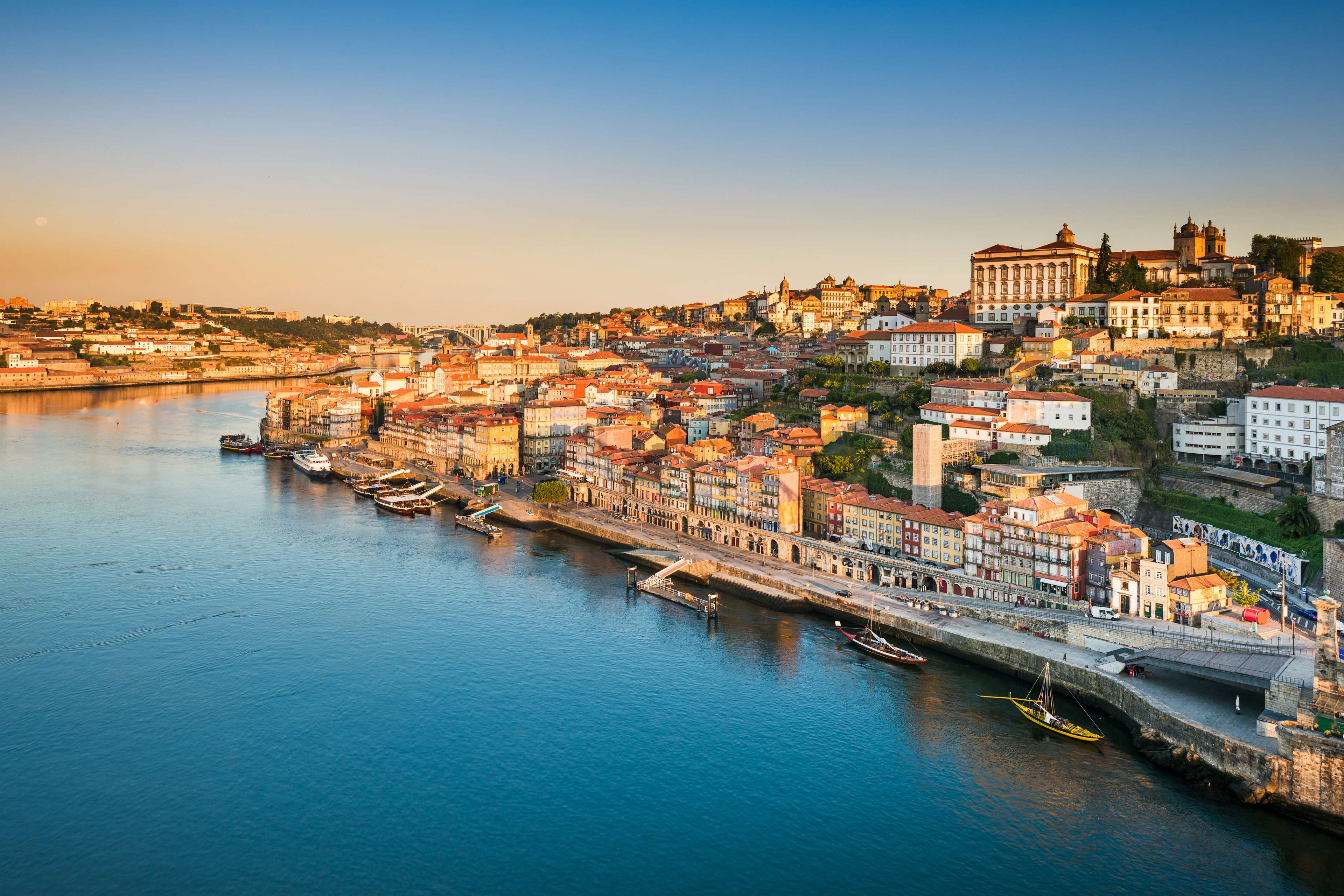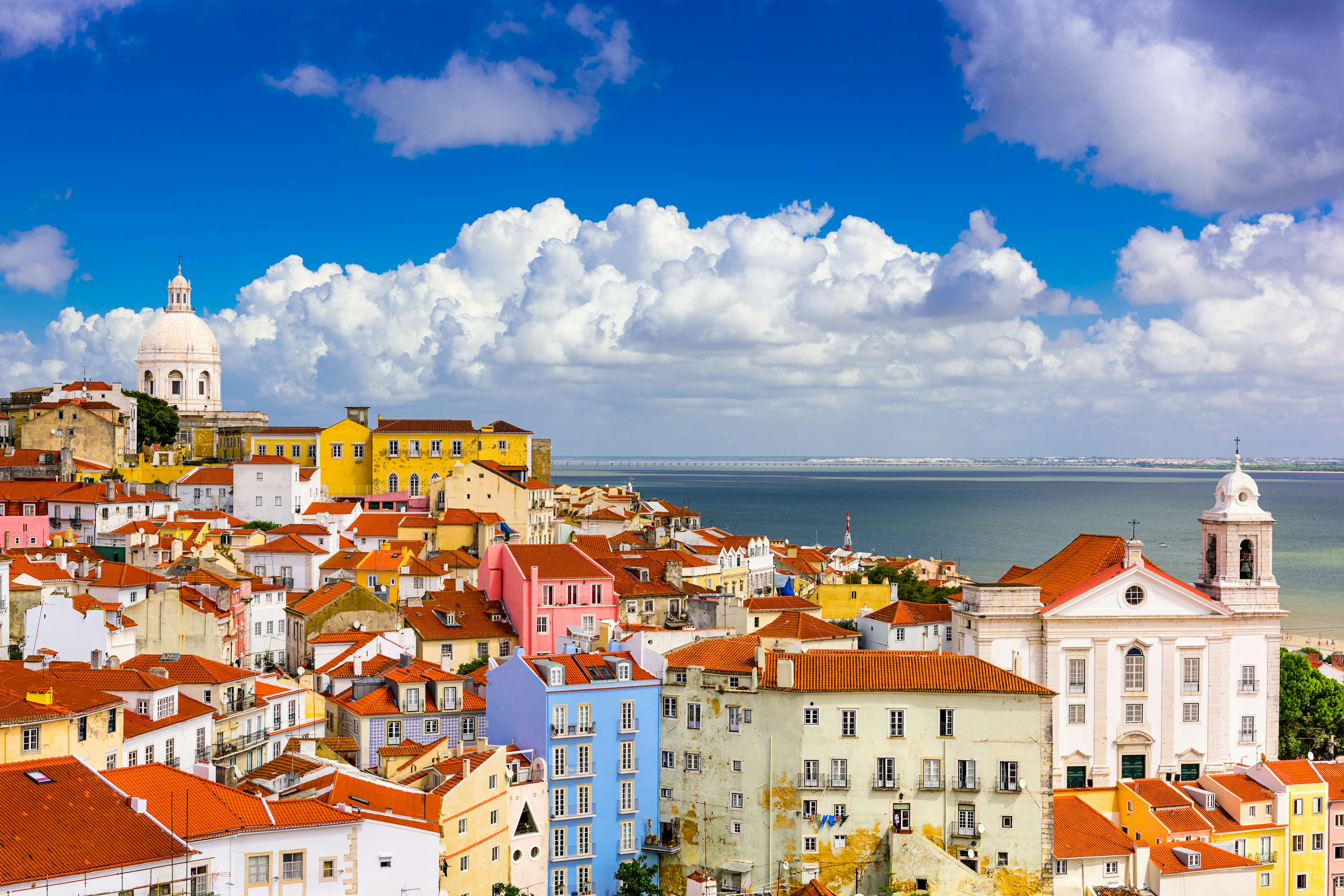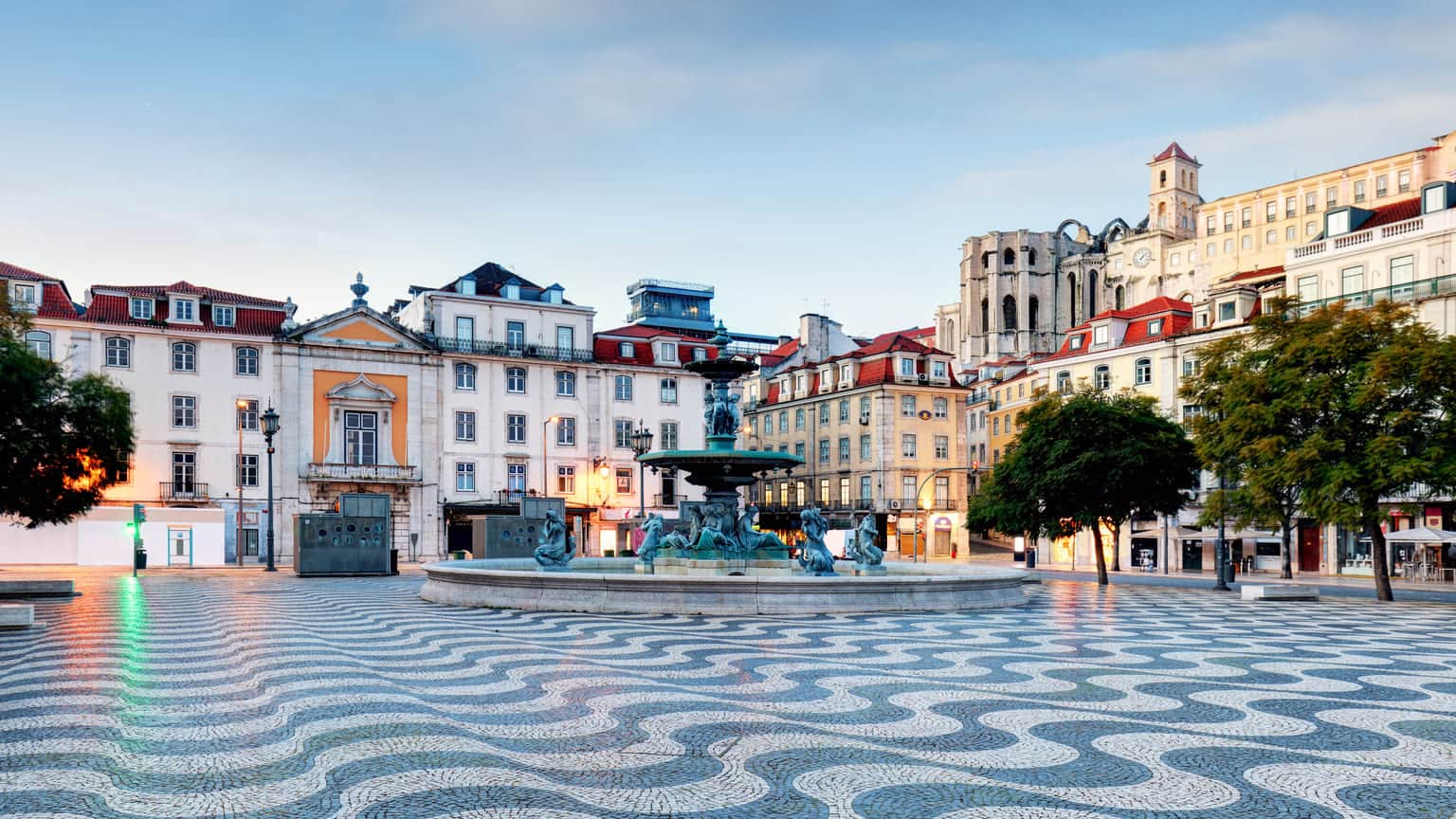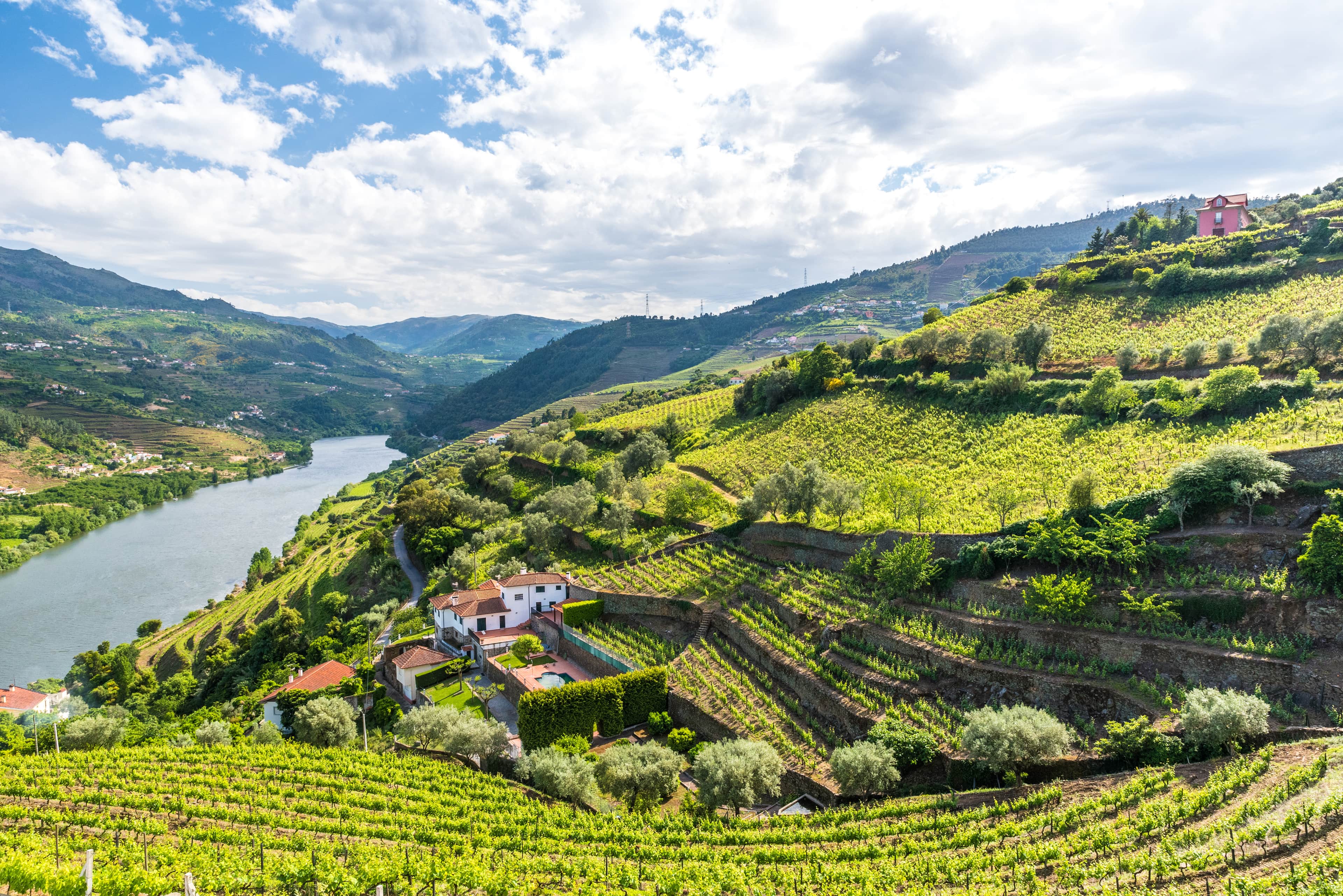The buzz around the Portugal Golden Visa update peaked on September 21, when the parliament re-approved the More Housing Bill. That meant the law would inevitably come into force and make changes to the Golden Visa program. That’s exactly what happened on October 7, 2023.
However, the Bill has not ended the Golden Visa in Portugal. It introduced new rules: foreign investors cannot obtain a residence permit in Portugal by property purchase or capital transfer. In the article, you will find out how the program has changed and what 4 options are still available for investors.

Portugal Golden Visa Update: What Changed and How to Apply
Share:
The Latest News about Portugal Residence by Investment Program
On October 7, 2023, the Bill called Mais Habitação, or More Housing, came into force in Portugal. Article 44 stated the new rules of the Portugal Golden Visa: it eliminated the real estate and capital transfer investment options within the programme. The update happened almost 8 months after the law presentation by the government in February.
The purpose of the Mais Habitação Bill is to curb speculation in the property market and help end a housing crisis in Portugal. In cities like Lisbon, property prices have more than tripled since 2015. According to the International Monetary Fund, house prices in Portugal are currently overvalued by 20%.
With no property investment option, market experts anticipate that the fund investment route will become the preferred choice for most investors seeking residency in Portugal.
Also, after the law had been presented, home sales fell by 22% in the first 6 months of 2023 compared to the same period a year earlier. However, property prices aren’t expected to drop soon as demand for homes continues to outstrip availability.
Shortly after the law came into force, the Prime Minister of Portugal announced the end of a Non-Habitual Resident (NHR) status in 2024. Tax optimisation used to be one of the reasons foreigners chose to move to Portugal. NHR allowed new residents to pay the income tax at a fixed rate of 20% for 10 years. They were also exempt from the tax on global income.
If the NHR status is cancelled, new residents in Portugal will pay the income tax at a progressive rate, which ranges from 14.5 to 48%. Instead of the NHR tax regime, Portugal may introduce tax incentives for foreign researchers and university teachers with similar incentives.
Is it the End of the Golden Visa in Portugal?
No, foreigners can still apply for the Portugal residence permit by investment. The law updated the requirements but has not cancelled the programme. From October 7, applicants cannot obtain the residence permit by capital transfers or purchasing real estate in Portugal.
However, investors can put money into cultural heritage, research activities, business, or buy fund shares. You can find details about each option below.

Explore the benefits and drawbacks of the Portugal investment program versus other Golden Visas
Investment Options for Portugal Golden Visa in 2023
After the updates, foreigners can choose one of the four investment options available in Portugal. Supporting arts and restoring cultural heritage is the most affordable one, with a minimum investment amount of €250,000. The minimum investment for the other options is the same — €500,000.
Art and national heritage investment. Under this option, you invest at least €250,000 in activities pursuing artistic output, support of arts, restoration, or maintenance of the national cultural heritage. For investment in low-density territories, the amount is €200,000.
Fund shares purchase. You can buy units of investment or venture funds for at least €500,000. Fund maturity must be 5 years or more. At the same time, 60% of the share value must be invested in companies located in the country. Under the new rules, you cannot invest in funds that have direct or indirect real estate investments.
Business investment involves two options. You transfer at least €500,000 to the share capital of a new or existing company and create at least 5 jobs, or you start a business and create employment for 10 workers. In the second case, the minimum capital is determined by general conditions for opening a company in Portugal.
Scientific and technological research investment. The minimum required investment is €500,000. Research activities can be developed by public or private scientific institutions involved in the national scientific or technical system.
Real estate purchases used to be the most popular investment option. In September 2023, it was chosen by 63% of investors; in August — by 66%. Capital transfer was the second most popular option, followed by fund and business investment. Now, the statistics will change.

Investors can move to Portugal with close relatives: a spouse, children, parents, and siblings
5 Benefits of a Portugal Residence Permit
1. Visa-free travel to Europe. As a Portugal resident, you can visit 29 Schengen countries without visas. The allowed period of stay in the Schengen Area is 90 days every half a year. Cyprus, Croatia, and Romania are visa-free as well. In Portugal, residents stay without time limits and can enter the country even when the borders are closed.
2. Moving to Portugal. The country is a popular destination among expats because it provides a high quality of life and safety and a relatively low cost of living. Portugal also has a reasonably pleasant climate, the Atlantic Ocean, and mountains nearby.
3. Opportunity to work and do business. In Portugal, investors can be employed, self-employed, or run a business. They are also allowed to settle in another EU country since Portugal is a member of the European Union.
4. EU citizenship prospect. After 5 years of residency, you can apply for a Portugal passport by naturalisation. To maintain resident status, investors must spend only 7 days a year in the country.
5. Access to high-quality healthcare and education. The residence permit allows the investor’s entire family to live in Portugal. Their children can enter private and public kindergartens, schools, and universities. State-provided medical care is free for residents. The quality of healthcare and education in Portugal meets all EU standards.
How to Get a Portugal Residence Permit: a Step-by-step Procedure
There are 7 key steps investors need to take to obtain a residence permit in Portugal. The timeline for the process may vary, but on average, it takes around 8—10 months.
2 weeks
Choose the type of investment
For this preliminary step, investors do not need to visit Portugal. All processes can be finished remotely.
For this preliminary step, investors do not need to visit Portugal. All processes can be finished remotely.
1—2 weeks
Obtain an individual taxpayer number
Every applicant gets a unique nine-digit number (NIF), which is required for any official or legal fiscal activity. It can be done remotely or in person at the Portuguese tax office.
Every applicant gets a unique nine-digit number (NIF), which is required for any official or legal fiscal activity. It can be done remotely or in person at the Portuguese tax office.
1+ month
Set up a bank account in Portugal
The principal applicant must open and activate a bank account for future investment transactions. This step requires visiting the Portuguese bank. The NIF number is among the required documents.
The principal applicant must open and activate a bank account for future investment transactions. This step requires visiting the Portuguese bank. The NIF number is among the required documents.
3—4 weeks
Complete the investment
Transfer the investment amount into your bank account in Portugal and then redirect it to investing.
Transfer the investment amount into your bank account in Portugal and then redirect it to investing.
1—2 weeks
Collect the necessary documents and submit your application
E-copies of the documents are sent to the Portuguese Immigration Office. Since October 29, it has been the new Agency for Integration, Migration and Asylum (AIMA) instead of the disbanded SEF. The application is usually considered for 4—5 months.
E-copies of the documents are sent to the Portuguese Immigration Office. Since October 29, it has been the new Agency for Integration, Migration and Asylum (AIMA) instead of the disbanded SEF. The application is usually considered for 4—5 months.
1—2 weeks
Submit biometric data
The investor and their family members visit Portugal to provide original documents and fingerprints for residence permit cards. It is necessary to book the appointment in advance.
The investor and their family members visit Portugal to provide original documents and fingerprints for residence permit cards. It is necessary to book the appointment in advance.
4—6 months
Get approval and the residence permit cards
The Immigration Office checks the investor’s documents for up to 6 months. After approval, the investor pays the fee for the residence permit cards. They are typically prepared within 2 weeks.
The Immigration Office checks the investor’s documents for up to 6 months. After approval, the investor pays the fee for the residence permit cards. They are typically prepared within 2 weeks.
After getting the residence permit in Portugal, it must be renewed every 2 years. During this period, one must keep investments and a clear police record, spend at least a week per year in the country.
To renew the Golden Visa, the investor recollects the documents and resubmits biometric data. If the investor and their family remain Portuguese residents for 5 years, they can apply for permanent residence or citizenship.
Requirements for the Investor and Family Members
Citizenship. All third-country citizens who meet the investment requirements can participate in the Golden Visa program. Portuguese, EU, and EEA nationals are not eligible.
The principal applicant needs to meet the requirements below:
be over 18 years old;
have legal income;
money for investment must be earned outside Portugal;
have no criminal record or prosecution;
have valid medical insurance;
have no debts in Portugal.
Family members. The investor can include close relatives in the application: a spouse, children under 26, parents over 65, and siblings under 26 if they are in the main applicant’s custody. Children and parents need to be financially dependent on the investor. All family members also need to have health insurance.
Cost of Obtaining a Portugal Residence Permit by Investment
Apart from the investment you make to fulfil the Golden Visa requirements, there are some associated costs you need to be aware of. The table below does not include the legal fees because they mainly depend on the consulting company you work with.
Portugal Golden Visa Additional Costs and Fees
Other Golden Visa Programs Available for Real Estate Investment
If you want to obtain a residence permit abroad by investing in real estate, here are some alternatives to the Portugal Golden Visa programme. Most countries also provide an opportunity to travel visa-free to the Schengen Area, a high quality of life and a pleasant climate.
Malta allows investors to obtain one of the three statuses in the country: a temporary residence permit, a permanent residence permit, or citizenship. Each status requires renting or buying a property in Malta:
To get a year-long residence permit in Malta, an investor must rent a property with a minimum annual rental cost of €8,750 or €9,600, depending on its location. If you decide to purchase a property, it must cost at least €220,000 or €275,000.
To obtain a permanent residence status, the minimum rental cost is €10,000 or €12,000 per year. To purchase a property, you need to spend at least €300,000 or €350,000.
To acquire Malta citizenship, you need to rent housing for €16,000 per year or buy it for at least €700,000. Investors also contribute at least €600,000 to the state fund and donate €10,000 to charity. Depending on the contribution sum, the investor can apply for citizenship in 1 or 3 years.
Cyprus offers non-EU citizens permanent residence by investing €300,000 or more in real estate or securities. The process takes from 3 months. Once granted, the status does not need to be renewed. In Cyprus, there is no tax on global income, inheritance, or property. After 5 years of living in Cyprus, investors can apply for citizenship by naturalisation.
Greece allows applicants to get a 5-year residence permit by investing at least €250,000 in the country’s economy. Investors buy residential or commercial real estate, which can be rented out. To become eligible for a Greece passport, one must reside in the country for at least 7 years. There is no obligation to stay there to maintain the status.
Spain residence permit can be obtained by purchasing real estate for at least €500,000. The other options include buying government bonds or shares of local companies, depositing money in a Spanish bank, or investing in a business or units of investment funds. Investors are not required to stay permanently in the country.
After 5 years of resident status, investors can apply for a permanent residence permit and, after another 5 years — for citizenship. If you decide to apply for a Spain passport, you will have to give up the first passport.

Download our complete guide to learn everything you need about 9 popular Golden Visa programs.
Benefits
Investment options
Eligibility requirements
Processing times
Frequently Asked Questions
Yes, investors can still obtain a Portugal residence permit by investment. However, several investment options, such as property purchase and capital transfers, are no longer available.
No, the Golden Visa programme has not stopped receiving applications. Foreigners can apply for a residence permit in Portugal by investing the required amount in one of the categories:
from €250,000 — to the cultural heritage of the country;
from €500,000 — to scientific projects;
from €500,000 — to a local business;
from €500,000 — in shares of investment funds with a holding period of at least five years.
Non-EU or EEA nationals over 18 years old with no criminal record from their home country, as well as from Portugal. Investor’s spouses, children, parents, and siblings can move to Portugal too.
The process usually takes about 8—10 months. The application consideration and document verification by the Portuguese Immigration Office can take the longest time — up to 6 months.











